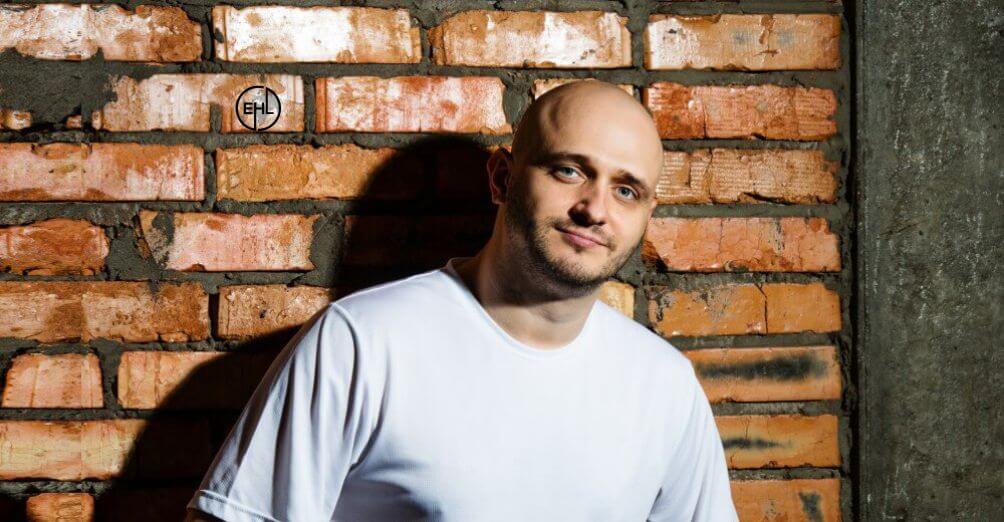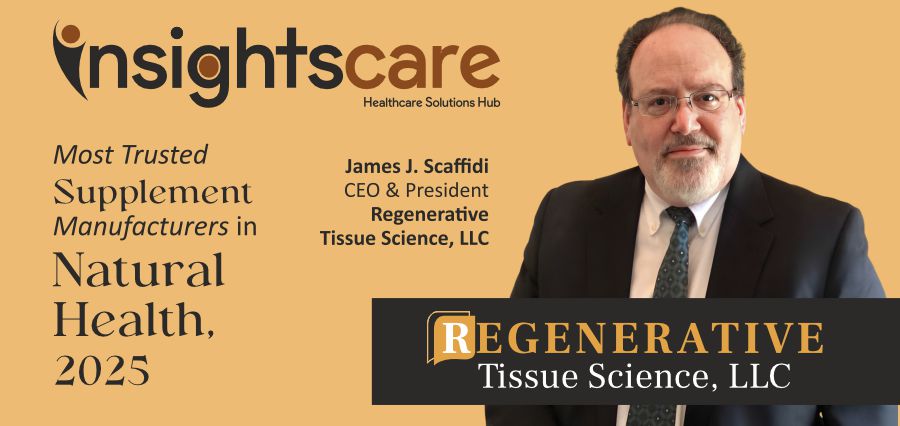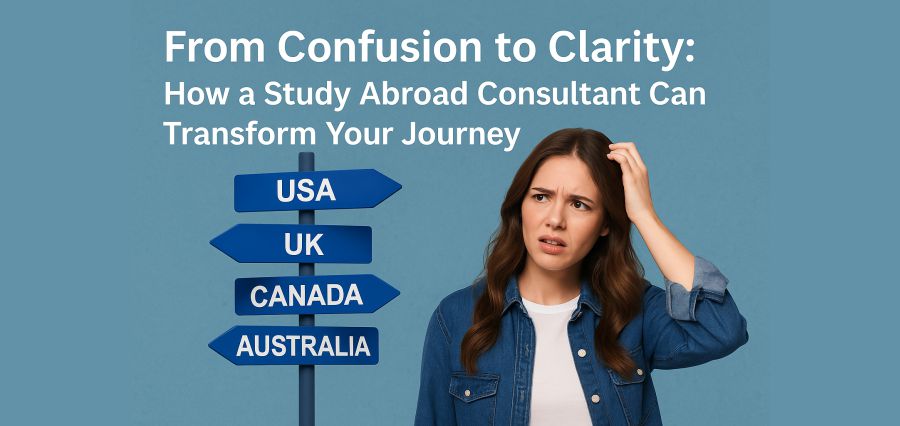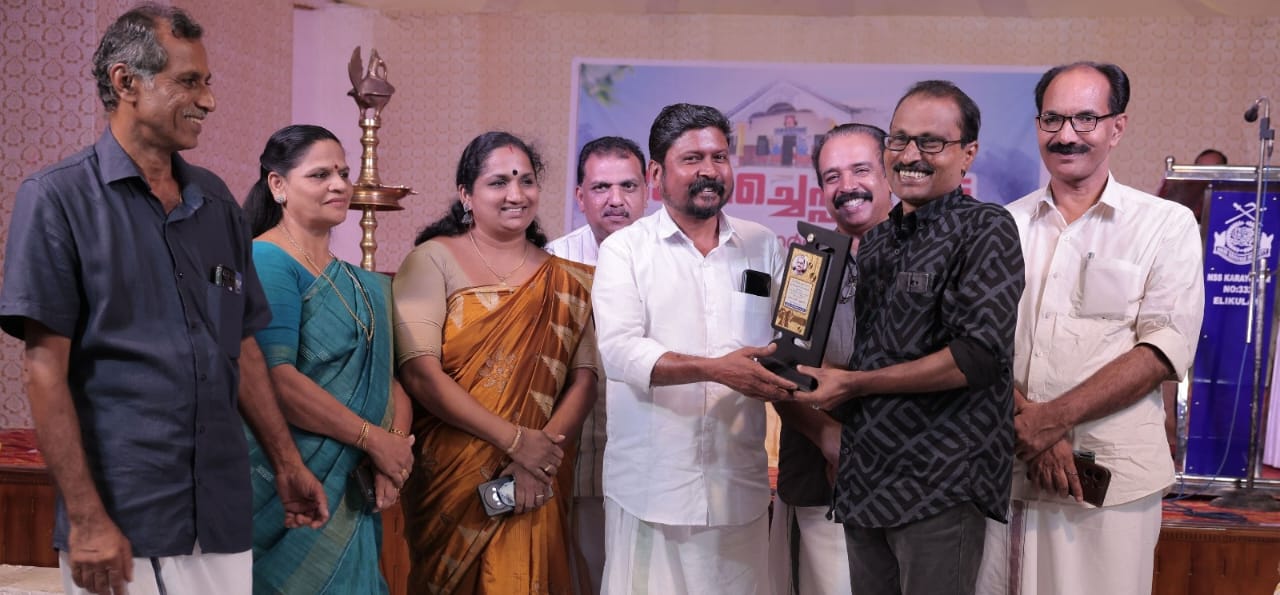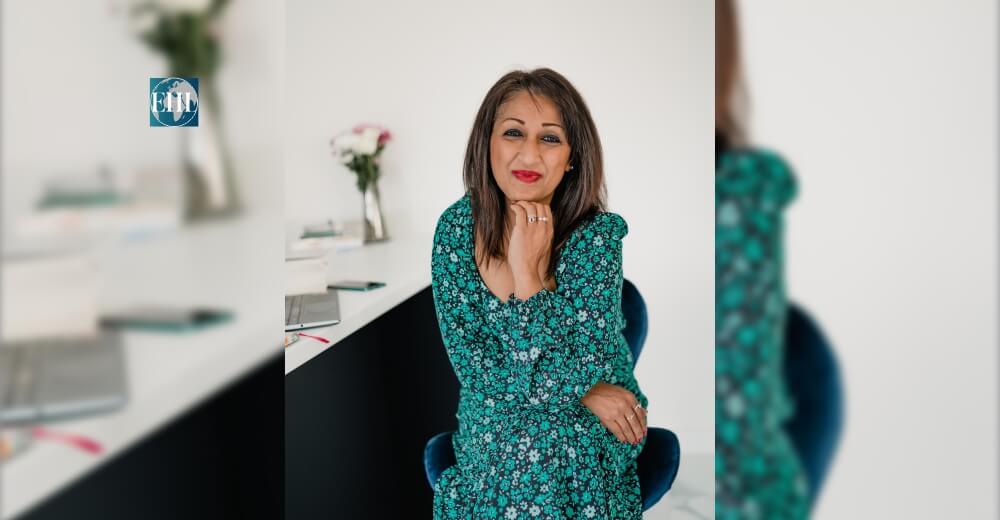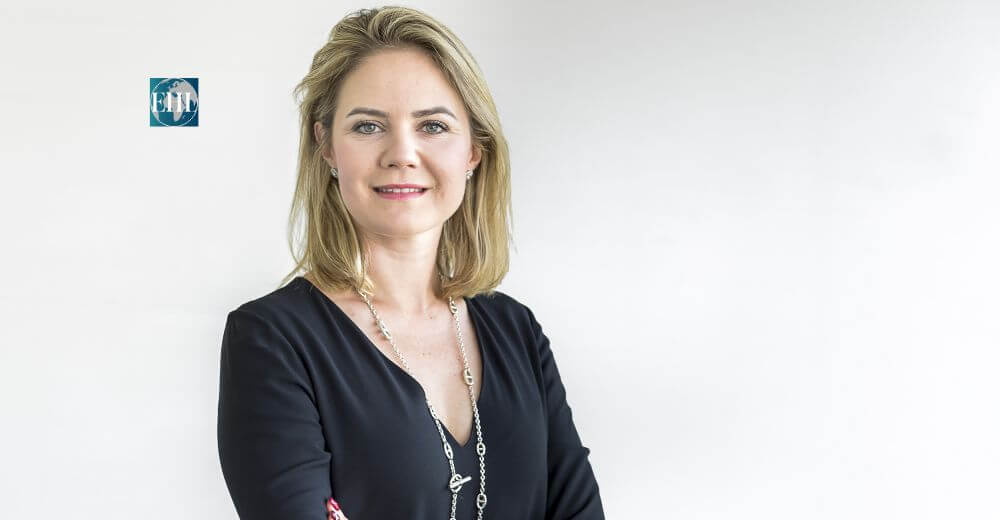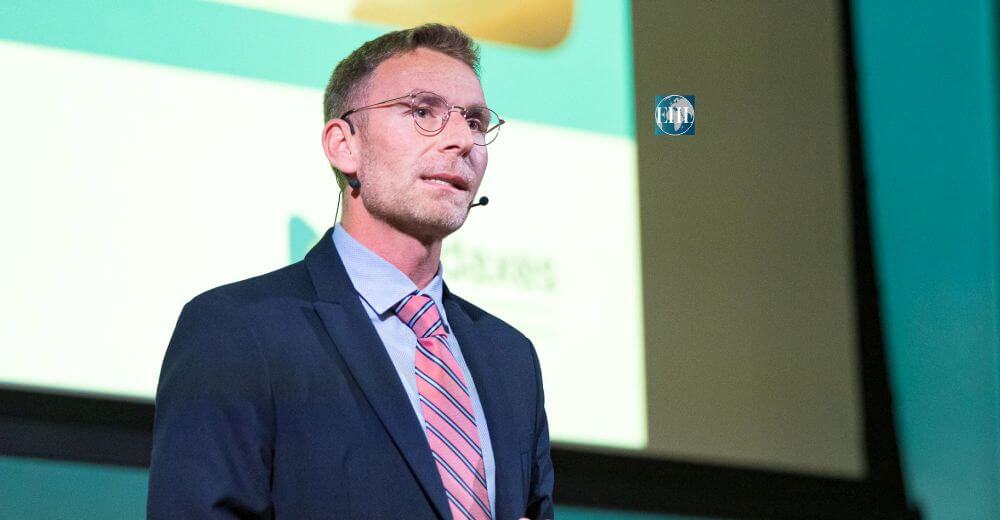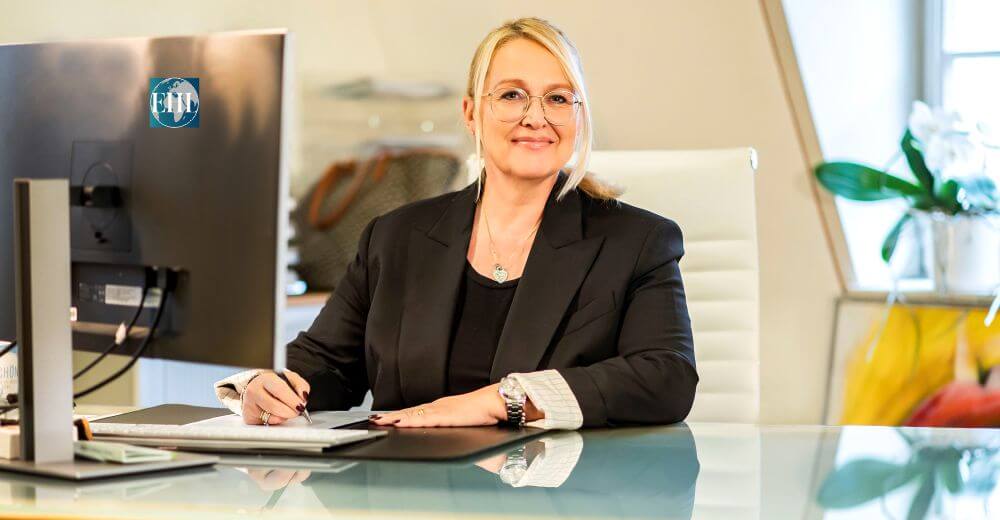Healthcare is advancing to a new era, with biomedical data becoming increasingly vital each passing day. The abundance of biomedical data presents both opportunities and obstacles for healthcare research. Modern technologies like artificial intelligence (AI) and machine learning (ML), on the other hand, are assisting the healthcare sector in overcoming these obstacles.
In addition, deep learning is enabling a renaissance in the fields of medical science and healthcare. It has pathbreaking applications such as collecting an enormous amount of data, including patient records, insurance records, or even medical reports and applying neural networks to get the best results.
To increase the quality of the patient result, a paradigm shift from a traditional approach to a technological approach is required. XOresearch, a fast-growing technology company, realized this need and started its endeavor in the healthcare industry.
In an interview with Euro Health Leaders, Maksym Diachenko, the Founder of XOresearch, sheds light on the journey of his company, its services, and the future of technology in the healthcare space. Below are the highlights of the interview:
Please brief our audience about XOresearch, its values, mission, and the aspects that make it a global healthcare brand.
XOresearch is a company with great global ambitions. We want to significantly reduce the number of cardiovascular diseases in the world, and we have a plan. Medical costs for CVDs in the US only were $555B in 2019 and will become $1.1T by 2035, when nearly half of the population has some form of cardiovascular disease. At the same time, heart diseases can be easily and effectively treated if they are detected at the earliest possible level.
There is an excellent and reliable way for such a diagnosis – this is long-term ECG monitoring, called the Holter ECG. We want such diagnostics to become available to every person over 30 in automatic mode. And I am very proud that we are developing a solution that is capable of solving this problem. We truly believe we can change the diagnosis and treatment of CVD globally.
Tell us more about your offerings and the aspects that make XOresearch different from its competitors.
Competitors always help us to be in good shape. We differ from different companies in different ways. I would say that our main difference is a fundamentally new approach to ECG analytics.
That way, we propose the best of both worlds – an entirely automatic pipeline based on AI but under full human control, allowing for occasional human intervention. AI’s classification ability serves as the quality bottom line, supporting diagnostic companies with high-quality output.
I am very pleased to announce that our latest model of Сardio.ai is capable of detecting about 70 (out of 100) types of heart disorders with high accuracy, which allows specialists who work on our platform to spend up to 10 minutes on an ECG record of any length.
A year ago, we were lucky to get to know the LifeSignals company, which produces disposable ECG biosensors capable of recording ECG for up to five days and is very comfortable to wear. The fact that this device is disposable allows you to open the way to rapid scaling. With no reusable device, you can run thousands of tests a day. We have combined their device and our analytical ECG software into a comprehensive, affordable, and quickly scalable solution for the diagnosis of heart disease.
Maksym, please brief us about your professional journey in the healthcare industry and your contribution towards XOresearch’s success.
My healthcare professional journey is just beginning. I grew up as a developer and manager in the game industry, where I debuted as a Co-founder and CEO of MindLink Studio. Afterward, I was a part of several AAA titles as CTO and team lead.
Starting in 2013, I focused on emerging deep-learning technology, which was used in several projects for XOresearch’s customers, including written forms, voice, and face recognition.
Since 2016, I have been leading the development and commercialization of cardiac diagnostic solutions on top of the Cardio.AI platform. Based on this technology, cardiac checkup services were launched in Ukraine in 2021, which are available in leading commercial clinics of Ukraine.
What is your opinion on the impact of the current pandemic on the global healthcare sector, and what challenges did you face during the pandemic and subsequent lockdowns?
Of course, the pandemic has had a tremendous impact on the global health care system. An undoubted advantage is the development of digital medical services and the opportunity to receive a wide range of consultations and analyzes without even leaving home.
From our observations, one of the important changes took place in the people’s mindset. We see that more and more people consciously and systematically approach their health and the health of their loved ones. The current situation has once again shown that health is the most important thing a person has, and it is easier to maintain it than to deal with the consequences of diseases later.
We have clients among large corporations that order cardio checkups for their employees because the employee is the most important and valuable resource for the company. And it is in the interests of the company to do everything to actively contribute to the wellbeing of its employees.
With constant development in technologies, in your opinion, what could be the future of the healthcare industry, and how are you planning to adapt to that future?
Mass health screenings are the key to keeping the aging population healthy and reducing the overall load on the healthcare system, especially financially. Cardio.AI is one of those technologies which enables exactly that – cheap and precise mass arrhythmia screening, combined with new ECG sensors, could serve millions of people right at their homes or workplace.
As an established leader, what would be your advice to the budding entrepreneurs and professionals aspiring to venture into the healthcare space?
If you have another business option – don’t go to healthcare. But I do not mean projects from the field of mental health and wellbeing since there are a lot of opportunities and relatively few restrictions. When I started working on the cardio.ai project, I was only interested in the task of analyzing electrocardiograms using artificial intelligence, namely the deep learning approach.
Is it possible to train a neural network to the level of human precision? – that was my main challenge. Then we realized that the level of human accuracy is not that great, it is about 70%, and this is not enough for the level of the neural network that I intended. Then we realized that the algorithm is simply not needed by anyone (or is needed for very little money), but a ready-made solution is what we need.
And then we realized that just a black box that produces a result is also not an option so that the solution inspires confidence among specialists, they must understand why the neural network produced exactly such a result, and if, for some reason, they do not agree with a neural network solution – there must be a way to change it. And now, when we have coped with all the tasks described above, there is very little left – just to get European and American certification. But we are optimistic about this challenge.
How do you envision scaling XOresearch’s operations and offerings in 2023?
We expect to scale our operations to hundreds of thousands served long records (24+ hours of ECG per record). One of the key factors to achieve that would be the corporate mass screening offer we are working towards. That offer will allow corporations to screen their entire workforce for arrhythmia to combat silent killers like Atrial Fibrillation and other types of dangerous asymptomatic arrhythmia. Employees in this scenario don’t even come to medical facilities; everything is done on-site (and at home), with convenient single-use waterproof ECG devices.

